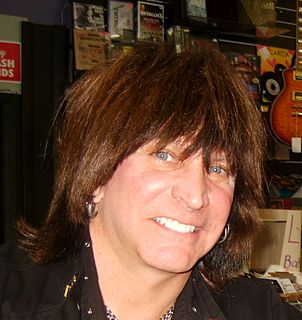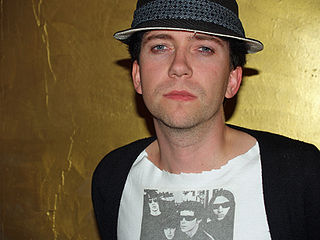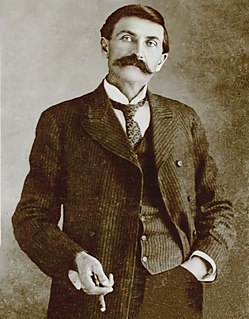A Quote by Mick Hucknall
Well, the good news is that there's quite a lot of cynicism about major labels within radio and the press. I think they have been largely disillusioned by the manner in which the record companies have developed music.
Related Quotes
I'm confused that there is a lack of faith in listening to and deciding what is a great song and instead going for these formulaic, bad songs over and over again. But that's what happened when people from beverage companies bought record labels and radio stations as opposed to people who love music owning record labels.
There's definitely some sort of dissent brewing between record labels, publishing companies and artists [about the compensation they get from streaming services] Spotify is returning a HUGE amount of money [to the record labels]. If we continue growing at our current rate in terms of subscriptions and downloads, we'll overtake iTunes in terms of contributions to the recorded music business in under two years.
We drank quite a lot and Tony Harrington said, "We're thinking of starting a record label at The Wire; how about you do a solo record?" I said, "Well, how am I going to do that?" I thought about it, and I'd been working on a lot of music in the years before, and I was working as a journalist, full time, really, up until that point; in whatever little spare time I had, I was working on music. So I said yes.
I've had a very different career than a lot of other musicians. I went through the major labels. I was signed to two major labels and bands. I've toured with Aerosmith, and I've had records on the charts, songs in the movies. If you had checklist of things a person wants to accomplish in music...I've done a lot. And I don't mean that in an egotistical way; I never take it for granted. But you can't think outside the box unless you know what's in the box.
I don't really care about labels that much. I wouldn't really call our music retro. There are influences of things from the past, which there is in everything. I think we're quite a modern band, actually. We don't record with old equipment. We use computers and programmed drums. We don't use any guitar amplifiers. We're very much a modern band in the sense that we love computers and what they can do to music. I guess we're just good at a different sound.
Rap music and rap records used to always be like this: we get one or two shots to a piece cause it was a singles marketplace and when the major record companies saw that it could also handle the sales of the albums then they started to force everybody to expand their topics from 1 to about 10 and you gotta deliver 12 songs, so a lot of times if you took a person who wasn't really developed, and the diversity of trying say 12 different things, you know the companies were like "Cool! Say the same thing 12 different ways."



































